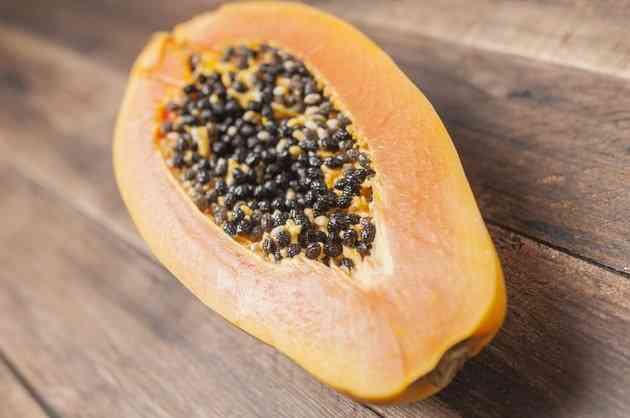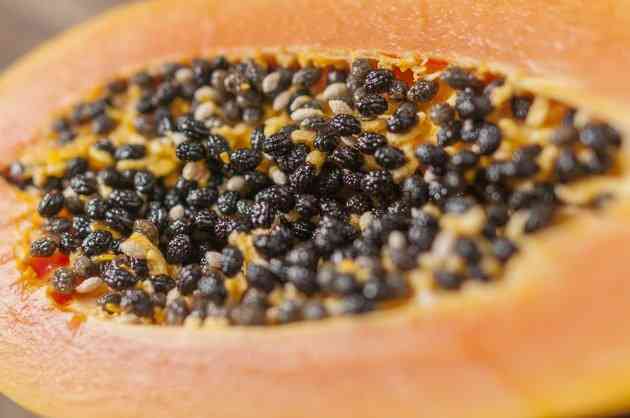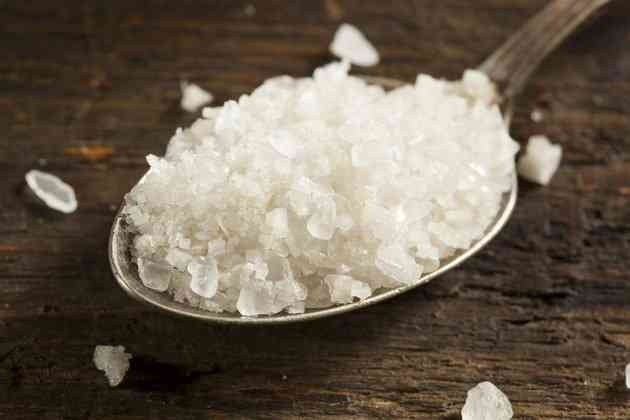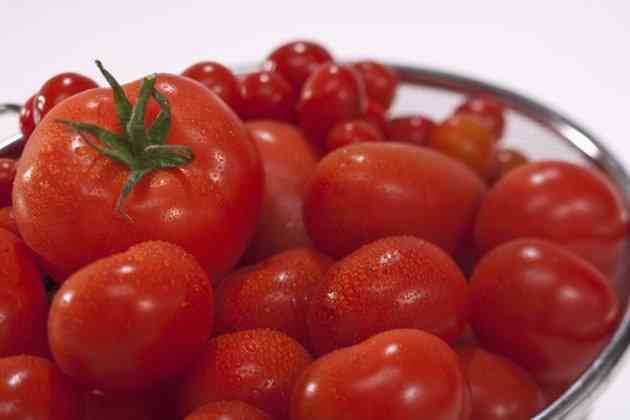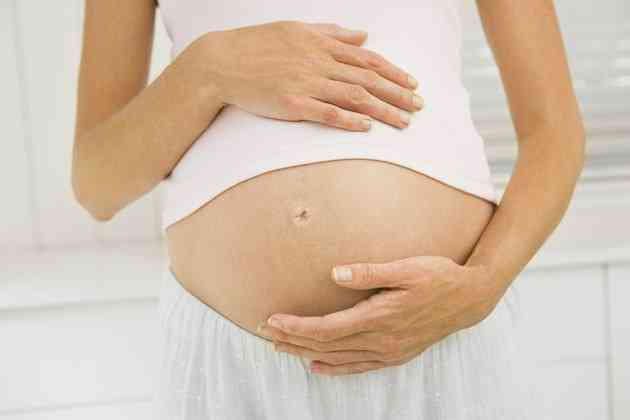Does Eating Sweets Cause Diarrhea?

Diarrhea is no fun, and sweets are one of many potential causes. Once you've sought treatment for or ruled out any underlying medical conditions, consuming fewer sweet ingredients, particularly those linked with bowel upset, can help minimize your symptoms. Whether you experience diarrhea or not, the American Heart Association recommends limiting added sugars, such as high-fructose corn syrup and table sugar, to 100 calories per day at most for women and 150 calories per day for men for overall health. If your symptoms are severe or long-lasting, seek guidance from your doctor.
 An assortment of candy in large bowls. (Image: Ungnoikalookjeab/iStock/Getty Images)
An assortment of candy in large bowls. (Image: Ungnoikalookjeab/iStock/Getty Images)Dumping Syndrome
Dumping syndrome happens when food, particularly sugar, moves too quickly through the first part of your small intestine into your upper digestive tract. It can happen within 30 minutes of eating or two to three hours later. Cancer and procedures that impair how your stomach stores and releases food, such as esophageal or weight-loss surgery, increase your risk of diarrhea related to dumping syndrome. You can reduce these effects by eating small, frequent meals and avoiding simple sugar sources, such as soft drinks, candy and pancake syrup, according to the National Institute of Diabetes and Digestive and Kidney Diseases.
Excess Fructose
Fructose is a sugar that occurs naturally in fruit and, as an additive, brings sweet flavor to many processed foods and drinks. It's also found in honey, agave and high-fructose corn syrup, or HFCS. If you're sensitive to fructose due to a condition such as irritable bowel syndrome, which affects about 20 percent of American adults, consuming it can cause diarrhea. Because so many foods contain HFCS, fructose intake is at an all-time high in the United States, registered dietitian Kate Scarlata reports in a 2010 "Today's Dietitian" article. She recommends limiting or avoiding products made with HFCS, such as sweet cereals, barbecue sauce and soft drinks.
Sugar Alcohols
Sugar alcohols add sweetness and fewer calories than sugar to many sugar-free and low-carb foods, beverages, gums, cough drops and medications. Most sugar alcohols are too large for your small intestine to handle normally, according to Scarlata, which causes a laxative effect. While they affect people differently, limiting or avoiding sugar alcohols could help prevent or minimize diarrhea. Examples to look out for include sorbitol, xylitol, lactitol, maltitol and isomalt. The laxative effects are particularly likely in children, reports the American Diabetes Association, and some people benefit from eating smaller amounts of regular versions of foods instead of alternatives containing sugar alcohols.
Lactose Intolerance
Diarrhea is a common symptom of lactose intolerance -- the inability to digest lactose, the natural sugar in cow's milk. Even if you aren't lactose-intolerant, dairy products could worsen diarrhea once it strikes. Drinking unpasteurized cow's milk can also trigger flare-ups. To avoid lactose-related diarrhea or keep diarrhea from worsening, choose nondairy alternatives to foods such as chocolate milk, ice cream and cheesecake. Useful options include unsweetened soy or rice milk, all-fruit frozen bars and cheesecake made with tofu or nondairy cream cheese. For a sweet, lactose-free smoothie, blend nondairy milk with fresh or frozen fruit.
